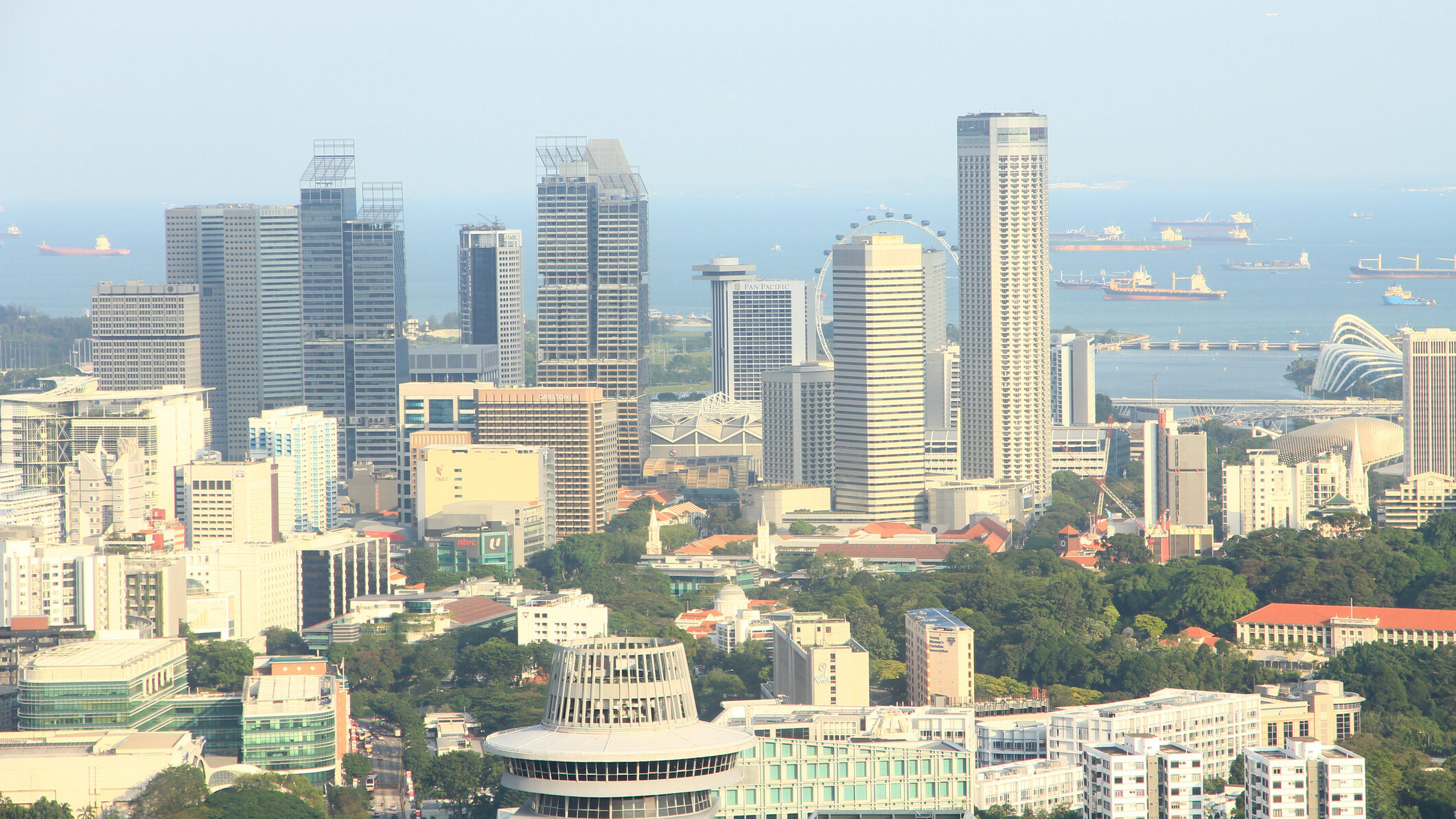Cooling Singapore 2.0 – Digital Urban Climate Twin
January 8, 2024
As climate change continues to drive temperatures around the globe steadily upwards, Singapore finds itself in a precarious situation. Doubly hit by greenhouse gas emissions and the urban heat island (UHI) effect, it faces a problem of high temperatures that promise to continue soaring beyond livable standards. Further increasing temperatures promise to be detrimental to Singapore’s population, economy, and ecosystems.
Understanding this, the project ‘Cooling Singapore 2.0 – Digital Urban Climate Twin’ seeks to investigate urban heat and its complexities in Singapore. Funded by the National Research Foundation from 2020 to 2023, the project recognizes the urgent need to address Singapore’s steadily rising temperatures.
The project is an interdisciplinary one that necessitates the combined expertise of its principal and co-investigators: Professor Matthias Roth (NUS Geography), Professor Gerhard Schmitt (Singapore-ETH Centre for Global Environmental Sustainability), Associate Professor Winston Chow (Singapore Management University, College of Integrative Studies), and Professor Markus Kraft (University of Cambridge, Chemical Engineering and Biotechnology). Together, they approach the problem of rising urban temperatures by utilizing methodologies from the natural and social sciences and engineering.
Cooling Singapore 2.0 has two research objectives. First, the team intends to build a Digital Urban Climate Twin (DUCT) for Singapore by integrating existing models–including various computational, regional, and micro-scale climate models used in previous UHI and climate research. Thereafter, the project aims to utilize the DUCT to evaluate accurate scenarios for future climate analysis, which will help put together urban design guidelines to tackle future climate developments.

